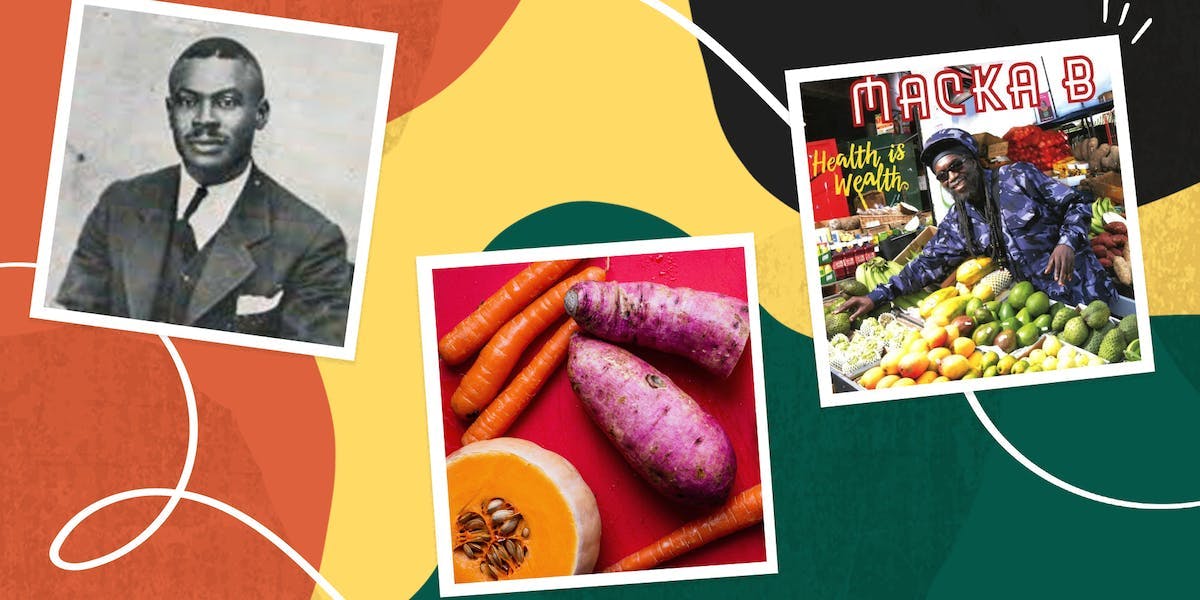Lifestyle
Rastafarianism, Veganism, and the Ital Diet
5min read
Many might not realise that Rastafarianism isn’t just about dreadlocks, it’s an enormously spiritual and political ideology which touches a lot of things including food. Ital (also spelled I-tal) is used to refer to the type of food celebrated by people in the Rastafari movement. However, many people who aren’t directly in the movement have adopted this way of eating to boost their health, prevent damage to the environment or for spiritual reasons too. The word Ital is usually pronounced with emphasis on the letter ‘I’. This is done to many words in the Rastafari vocabulary to signify the unity of the speaker with all of nature.
So what does Ital mean?
What Ital eating entails varies somewhat, but there are a few universal rules of Ital living. To understand Ital you must first understand the spiritual concept of Livity. Livity is a belief that an energy or life-force, granted by Almighty Jah (God), flows through all people and all living things. The primary goal of adhering to an Ital diet is to increase liveliness; what is put into your body should enhance Livity rather than reduce it. Although there are different interpretations of what specific foods acceptably fall into an Ital diet, the general principle is that food should be natural, pure, and directly from the earth. Therefore many followers of an Ital diet avoid meat because eating an animal would work against Livity elevation.
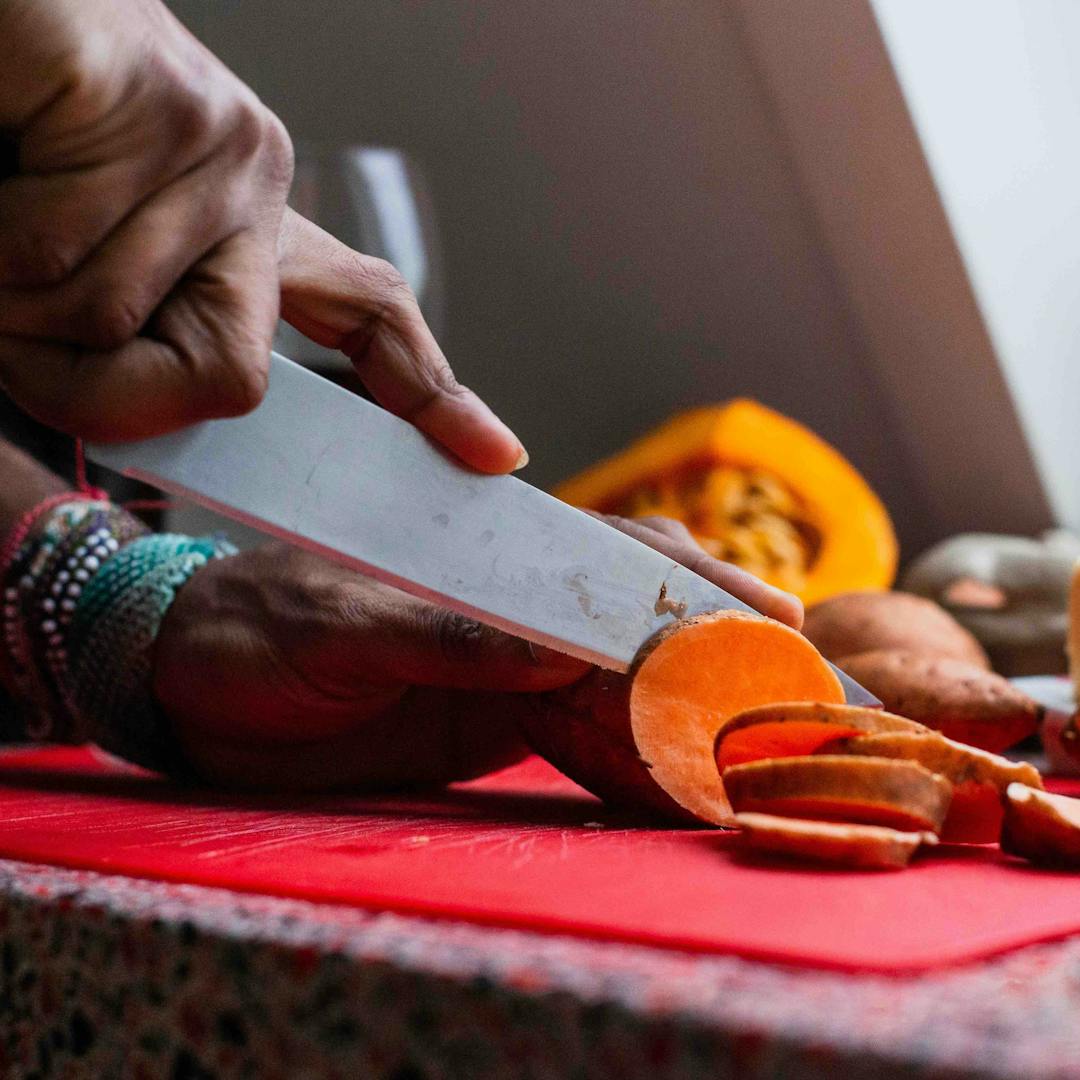
Ital and veganism
Some followers of the Ital diet are strict vegans, as they don’t consider dairy to be natural for human consumption. Jamaican musician, performer and activist Macka B promotes the spiritual message of Rastafarianism through his music. He outlines the Ital vegan diet he follows exhaustively in his 2011 song Wha Me Eat and continues to advocate for the benefits and variety of a vegan Ital diet in a fun and engaging way on his Youtube channel
Many people who observe an Ital diet in some form or another often avoid food which is chemically modified or contains artificial additives like food colouring, artificial flavourings, and preservatives. Some also avoid foods with added salt, especially salt with the artificial addition of iodine. In strict interpretations, foods that have been produced using chemicals such as pesticides and fertilisers are not considered Ital either. Even stricter interpretations also avoid food that has been preserved by canning or drying. However, only a few people follow the strictest interpretation of Ital and some Rastafarians do not adhere to the Ital diet at all – observance varies from person to person.
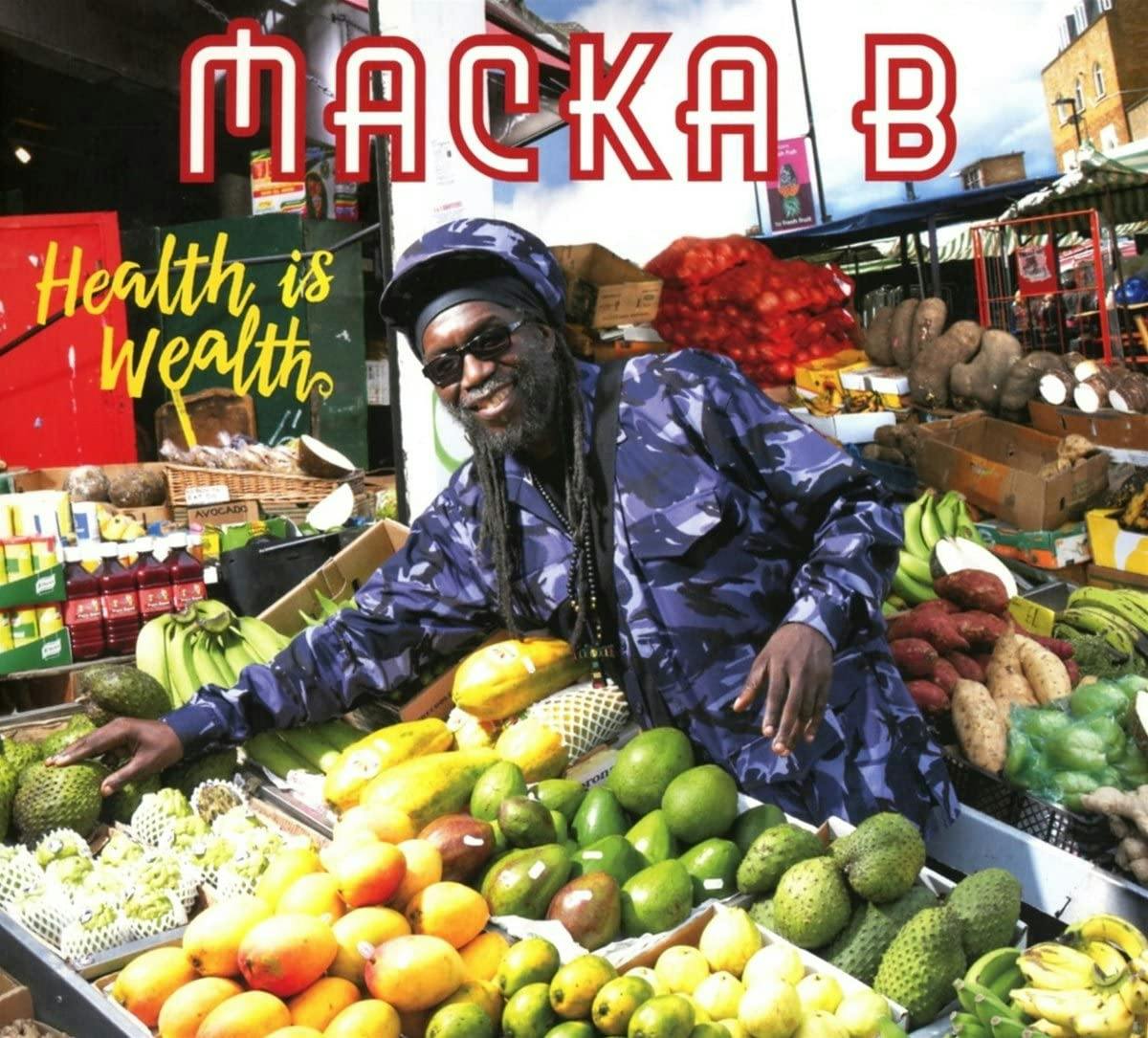
Macka B 'Health Is Wealth' album cover
The roots of Rastafarianism
Rastafarianism originated among socially disenfranchised communities in 1930s Jamaica. Its ideology was largely a reaction against British colonial culture that was dominant at the time. The movement developed after several Protestant clergymen, most notably Leonard Howell (who is often referred to as ‘The First Rasta’), proclaimed that Haile Selassie's crowning as Emperor of Ethiopia in 1930 fulfilled a Biblical prophecy.
Leonard Howell, also affectionately known as "Gong" and "Gyangunguru Maragh", although not of Indian descent himself, was fascinated with Hindu practices and the diets of Indian indentured servants living in Jamaica. He was instrumental in promoting a plant-based diet in the Rastafari community of Pinnacle. There are various groups of the Rastafari movement known as Mansions of Rastafari. The Bobo Shanti are an example of one of the Mansions of Rastafari who are strictly vegan.

Leonard Howell: Source
Ital cuisine
The concepts within Ital are echoed by mainstream veganism and the organic food movements gaining traction in the West today. Ital has long been a way of thinking that encourages people to consider how natural the foods we eat are and the impact it has on our minds, bodies and the environment.
Local markets are a great place to find fresh vegetables for Ital cooking. Common Ital ingredients include coconut as the base, and scotch bonnet peppers, allspice and thyme for flavour. Herbs and hot peppers are frequently used instead of salt and processed flavour additives. Since an Ital diet generally avoids added fats and salts, Rastas are often skilled at creating complex flavour profiles from herbs and spices like lemongrass, allspice, nutmeg and thyme. It’s common for individuals to blend their own herbs and spices to create flavours specific to their taste. Traditional Ital dishes include one pot stews full of vegetables including yams and peppers, seasoned with spring onions, garlic and limes. Popular dishes include barbeque jerk tofu, pumpkin stews, callaloo (a leafy vegetable dish) and red pea (kidney bean) soup.
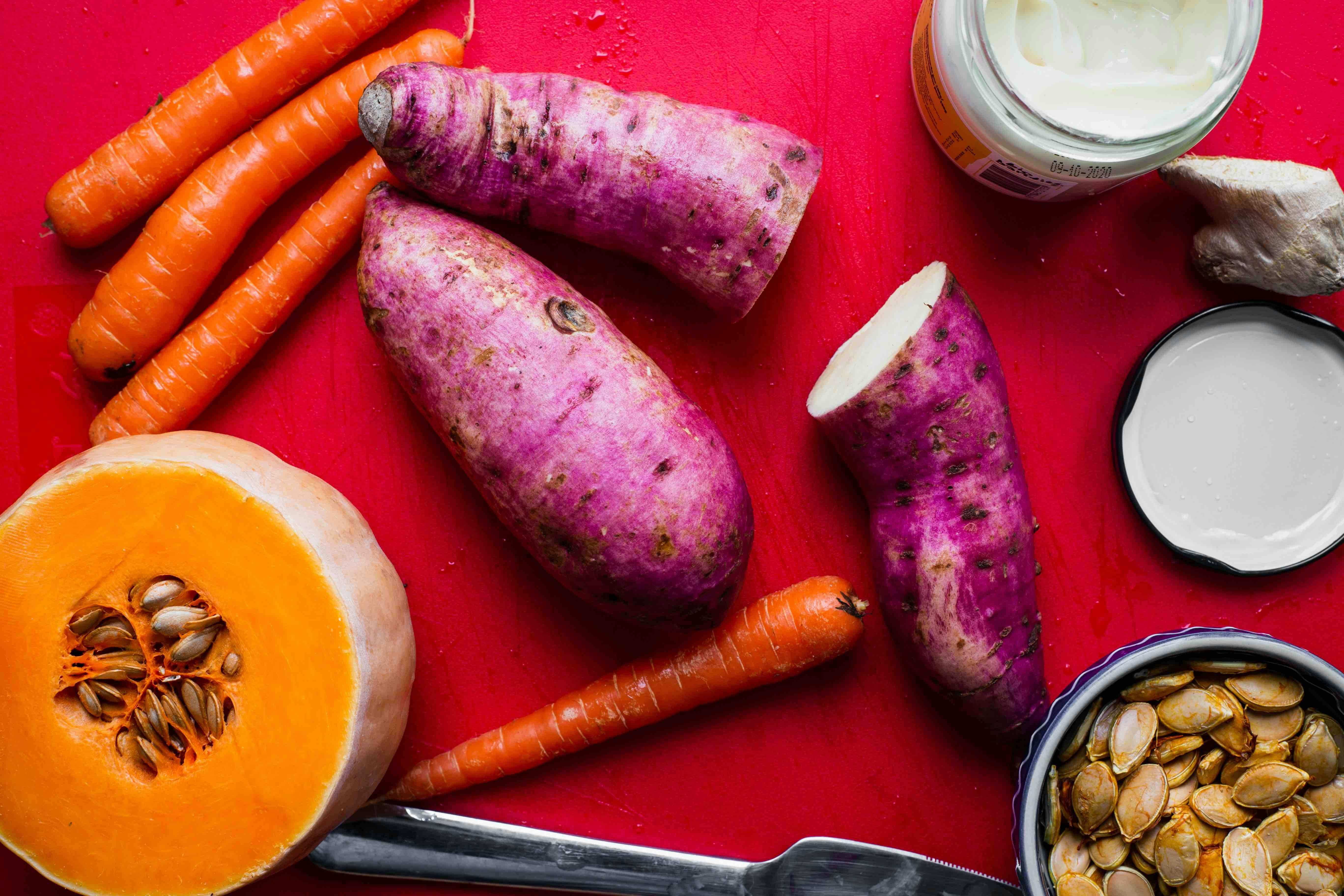
Looking for a taste of Ital food?
Try heading down to Zionly Manna Vegan Rastarant or All Nations Caribbean Vegan House in London, or Fi Real Caribbean Cafe in Bristol. If you have any more recommendations comment down below!
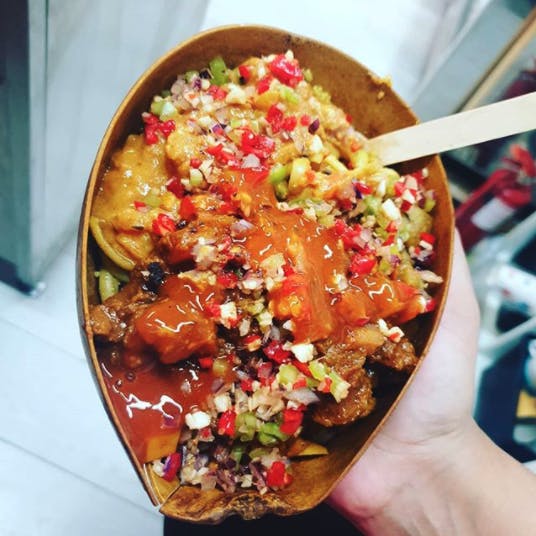
A meal at Zionly Manna Vegan Rastarant in Peckham, London
By Stephanie Johnstone
Steph is our Art Director, lover of chai and keen wearer of yellow. She adores the Three Mushroom Risotto and anything with chilli involved. On her day off you’ll find her drawing, or brewing her own beer, all of course, whilst wearing something crazily co-ordinated.
Let us take care of dinner
We help to make eating more plants easy and delicious. Fancy letting us take care of dinner? Check out our delicious meals here.
Shop now
